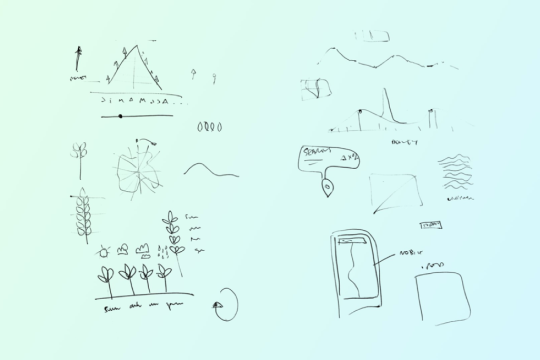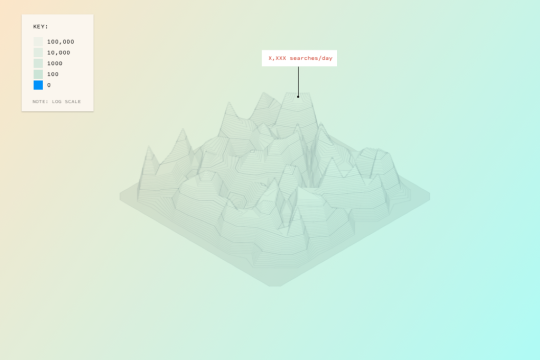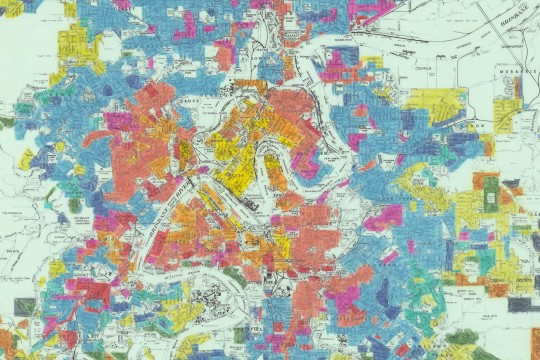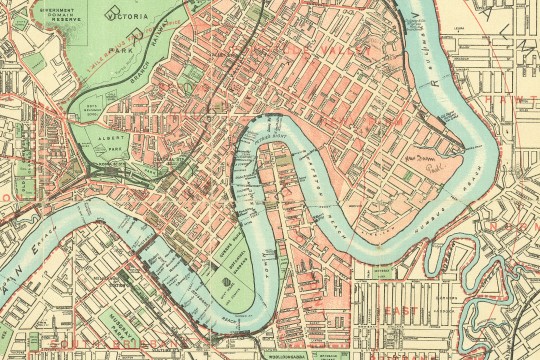- Home
- Digital collections catalyst
/
Digital collections catalyst
This fellowship will not be offered in 2026. State Library is seeking new philanthropic support to reinstate it in future rounds. To discuss support opportunities or suggest potential partners, please contact the Queensland Library Foundation.
About the program
The Digital collections catalyst is awarded annually to projects that use computational methods, such as machine learning, generative AI, and other tools with State Library’s digital collections and/or collections data, to deliver an innovative and creative digital experience.
The program supports highly creative and experimental ideas that bring together technology with cultural heritage to inspire Queenslanders through State Library collections.
The successful recipient receives a stipend of $15,000 and premium access to State Library’s extensive collections and library staff expertise.
Digital collections Catalyst - State Library of Queensland
About the 2025 Catalyst: Anna Rowe
Anna Rowe was awarded the 2025 Digital collection catalyst for her project, 'Wallflowers: reimagining historical interiors'.
Wallflowers: reimagining historical interiors dives into the vibrancy of colour and pattern through digitised historical interior photographs from the John Oxley Library collection. Using generative AI filters, black-and-white images of 19th-century residential interiors will be colourised to bring these spaces to life. Selected wallpaper and textile patterns visible in these photos will be digitally reconstructed in fine detail, and research will reveal their original colourways or those popular in the era.
The project will create an interactive digital experience, presenting these patterns in known, conjectural, and modern colourways. Visitors will even be able to save their favourite pattern and colourway to use as custom computer ‘wallpaper,’ bridging historical design with personal creativity.
Watch this video to discover more about Anna's project, along with the other 2025 Queensland Memory Awards fellows.
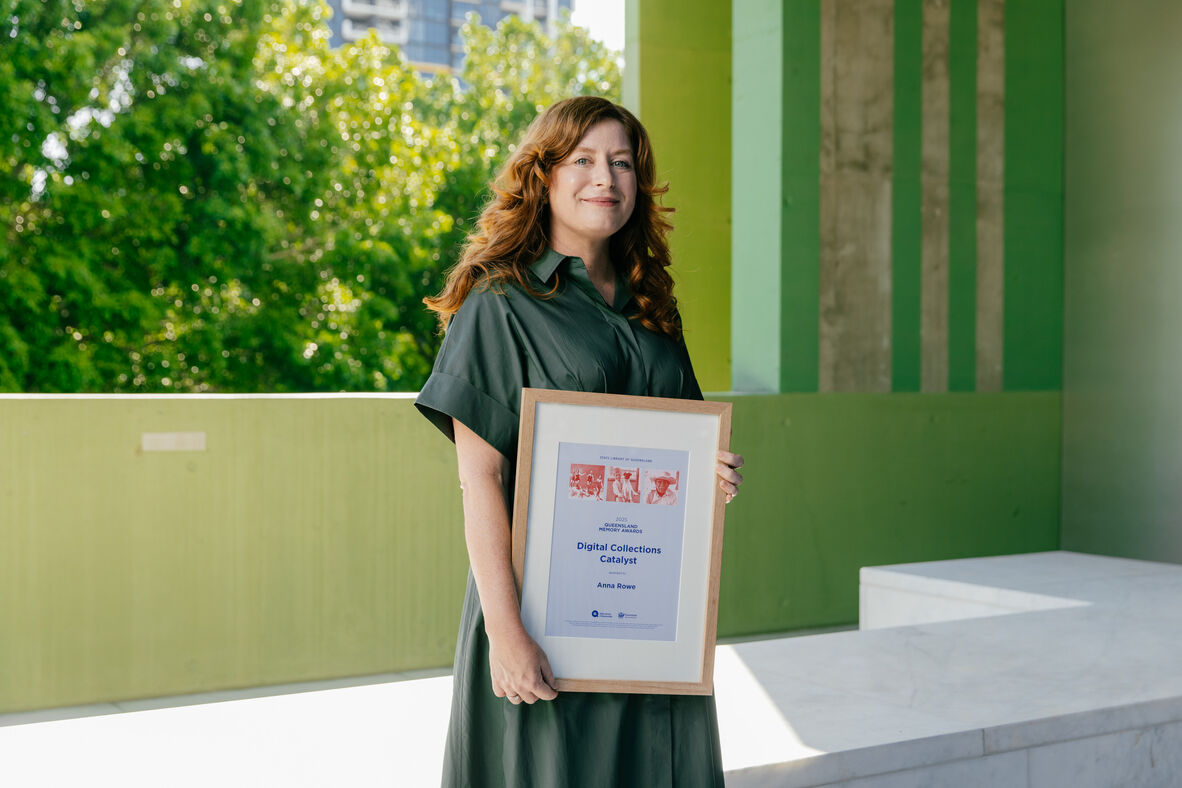
Anna Rowe, 2025 Digital collections catalyst.
2025 Catalyst project
Read blogs about Anna's research and project
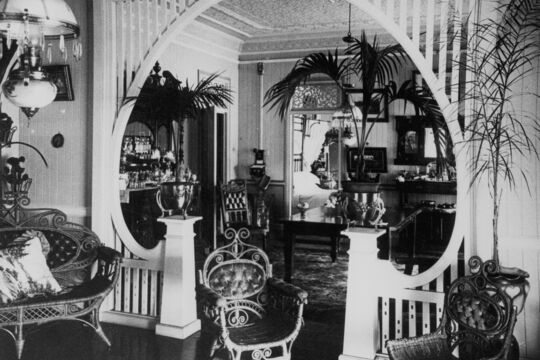
About the 2024 Catalyst: Evelyn Saunders
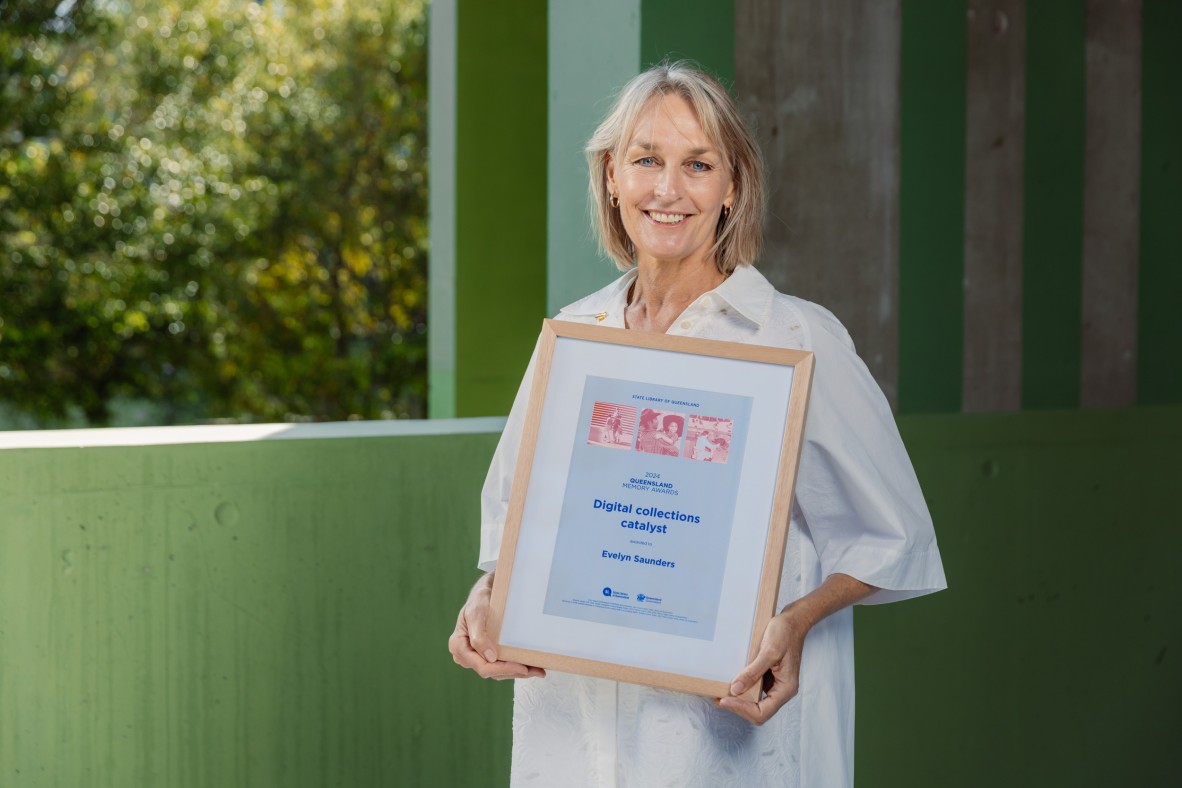
2024 Digital collections catalyst, Evelyn Saunders.
Evelyn Saunders was awarded the 2024 Digital collection catalyst for her project, Min(d)ing the dead.
Min(d)ing the Dead is an online interactive documentary about a renowned “ghost” town that, during Covid, became the largest gold mine in Queensland. Part film, part book and part photo album, it explores what happens to a community when a historic gold mining town, heritage, and ghost-busting tourist destination becomes a born-again mine.
On track to match Ravenswood's past century-and-a-half of gold acquisition in the next fourteen years, mining operations have expanded and a two-kilometre wall now inhibits direct access to the local cemetery. Remains found in previously undiscovered graves near the school have been relocated to the cemetery, a new school has been built, and three one-hundred-year-old masonry chimneys that had been slated for demolition have been carefully removed to an undisclosed location inside the mine’s footprint. This project does not seek to criticise, but, rather, to document the Ravenswood story up to and including 2023/2024.
2024 Catalyst project
Read blogs about Evelyn's research and project
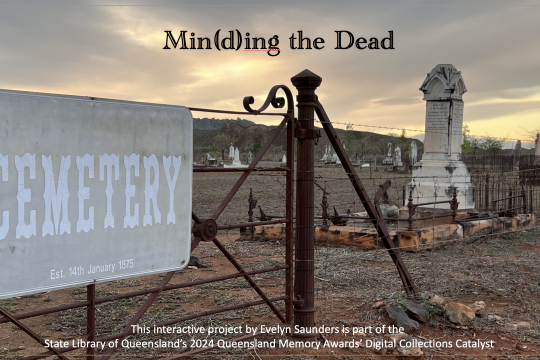
Research Reveals
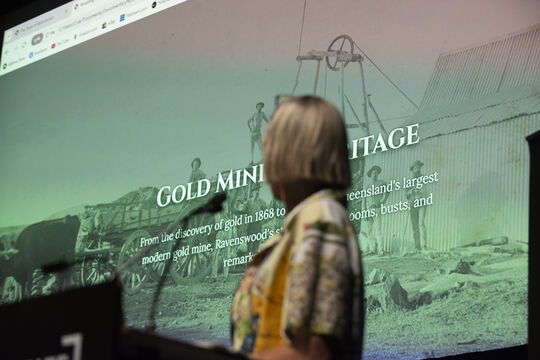
About the 2021 Catalyst: Brett Tweedie

Brett Tweedie is a data visualisation designer with degrees in media and politics, and has been making stuff online since the late 90s.
He was a Google News Lab Fellow (2018), shortlisted for the DX Lab Fellowship at the State Library of NSW (2019) and has produced a range of work for organisations in the GLAM sector, most recently creating We Are What We Steal for the State Library of New South Wales.
He has also worked with the Museum of Applied Arts and Sciences (MAAS), the Museum of Australian Democracy (MoAD), and media organisations such as the ABC, The Australian Financial Review, The Conversation, and The Guardian.
2021 Catalyst project
The Topography of Searching
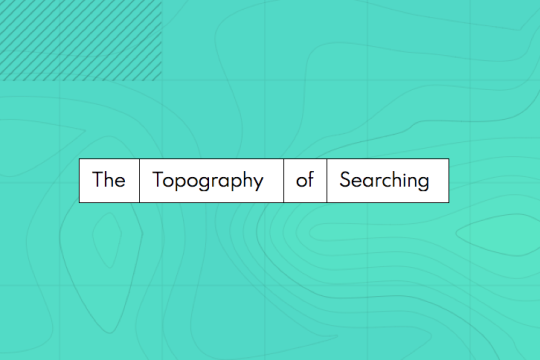
The Topography of Searching was longlisted for the international Information is Beautiful Awards 2022 presented by the Data Visualization Society.
2020 Catalyst project
Mapping Future Brisbane
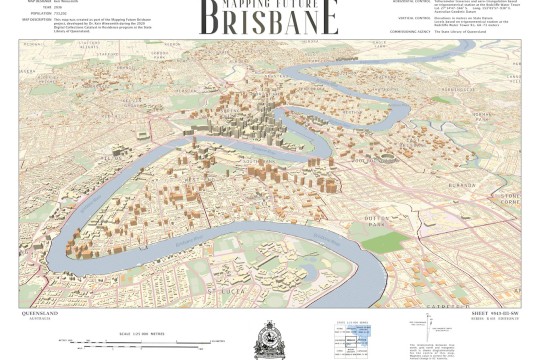
Dr. Keir Winesmith's final presentation - Mapping Future Brisbane: AI and Digital Collections
